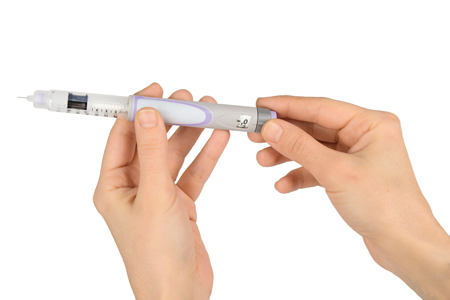Why is the EU Medical Device Regulation So Critical?

The new EU Medical Device Regulation (MDR) will impact not just CE-marked medical devices in the European Union but also drug/device combination products. Implementation of the MDR began in May2017, with a three-year transition period ending May26, 2020. All MDR CE-marked medical devices require recertification under the Regulation by May 2024. MDR has resulted in the reclassification of many medical devices and narrowing of the number of designated Notified Bodies (NBs) within the European Union. But how does this impact prefilled syringes and autoinjectors? Previously, these were never regulated as medical devices, per se. With MDR, the rules have changed, causing enormous concern within pharma
Article 117 introduces extensive documentation content requirements for drug/device combination product marketing applications. Many applicants will need to retain an NB for the first time. Effected products include prefilled syringes, autoinjectors and needle safety devices. Given the widespread use of these products, this change will impact the submission approval process for new products along with currently marketed products that undergo any design change of the device constituent part.
Article 117 of the MDR will go into full effectMay2020 in the European Union. It is anticipated that the NB opinion will be based on a review of technical documentation maintained by the marketing authorization holder. The NB will review the device data and provide a Notified Body Opinion (NBOp) regarding the conformity of the device part with the relevant general safety and performance requirements set out in Annex I of the new MDR. What does this mean?For most pharmaceutical/biotechnology companies using these injection devices, this means hiring an NB to review device technical documentation before submission to EMA. The additional time required to obtain an NBOp has not been established.
But wait! There is more!
Under the MDR, all NBs are required to be redesignated under the stricter regulation. Fewer than expected NBs have applied for MDR designation, and, of those who have, many have withdrawn their applications. Essentially, there are far fewer NBs to do more work in the European Union.
This leaves many areas of uncertainty for the applicant. Who are the NBs? How will their opinions be communicated? How will changes to combination products be evaluated? This topic will be discussed in greater detail at the 2019 Universe of Pre-Filled Syringes and Injection Devices.
Disclaimer: Th e views expressed herein represent those of the authors and do not necessarily represent the views or practices of the authors’ employer or any other party.


